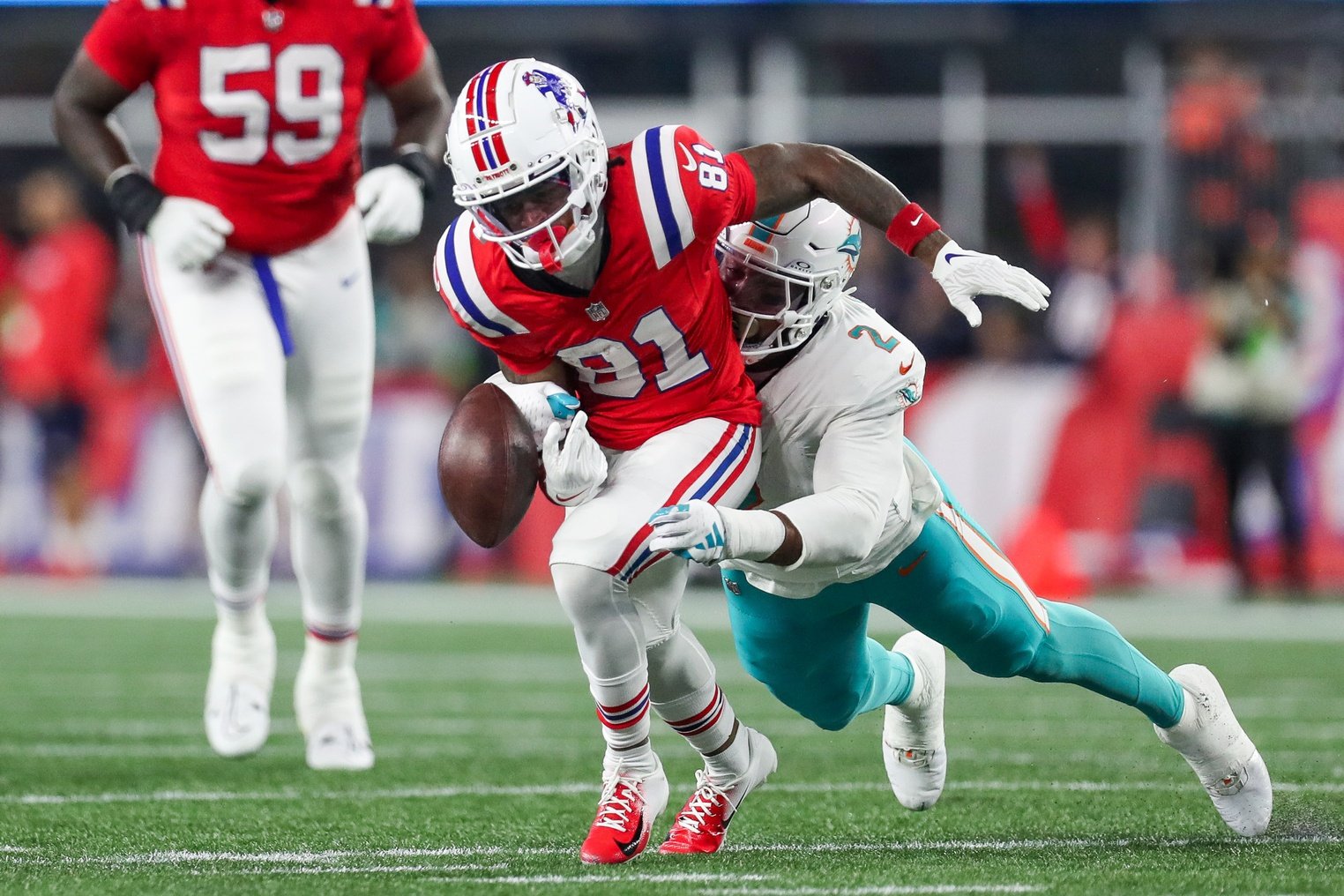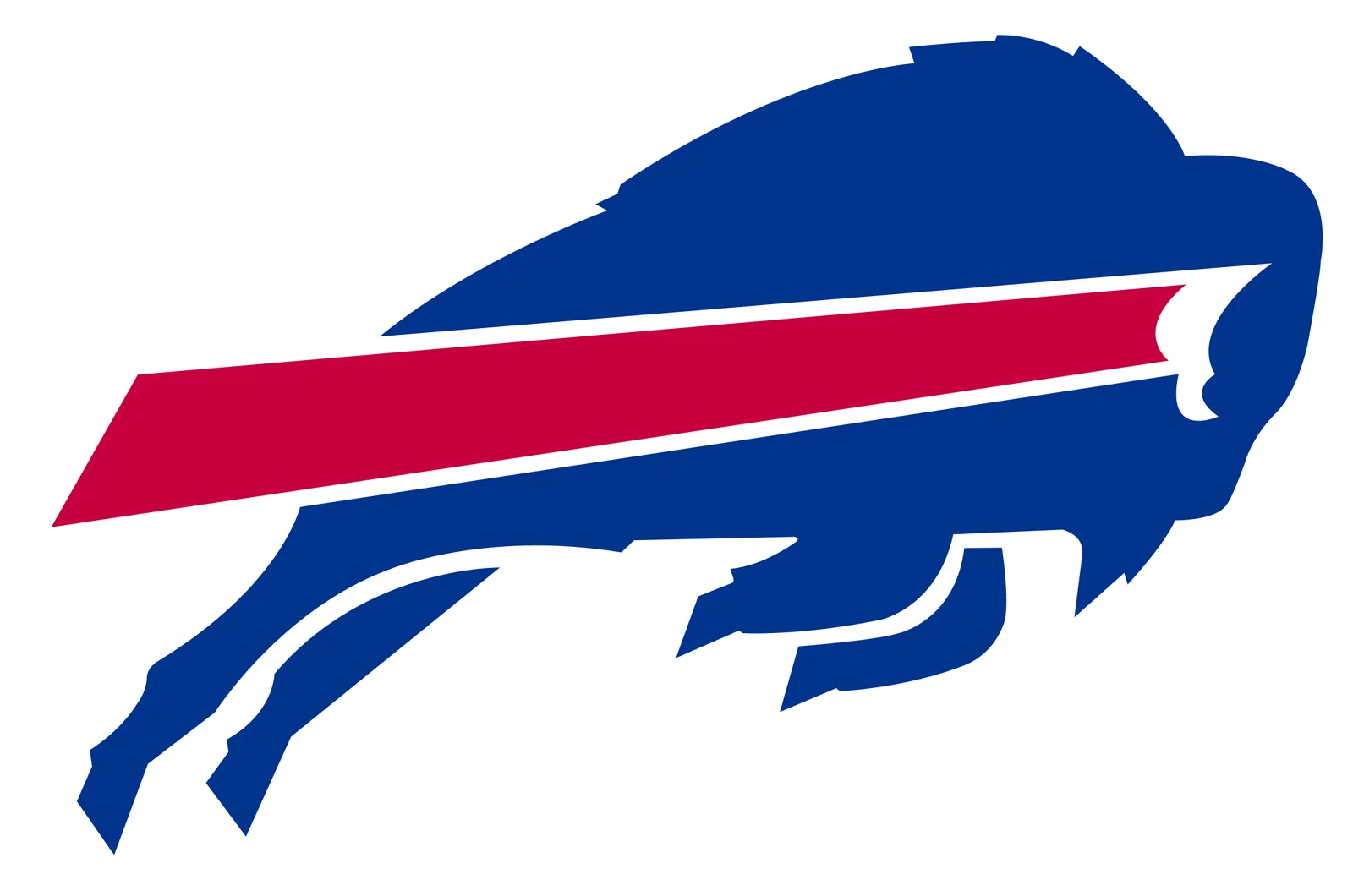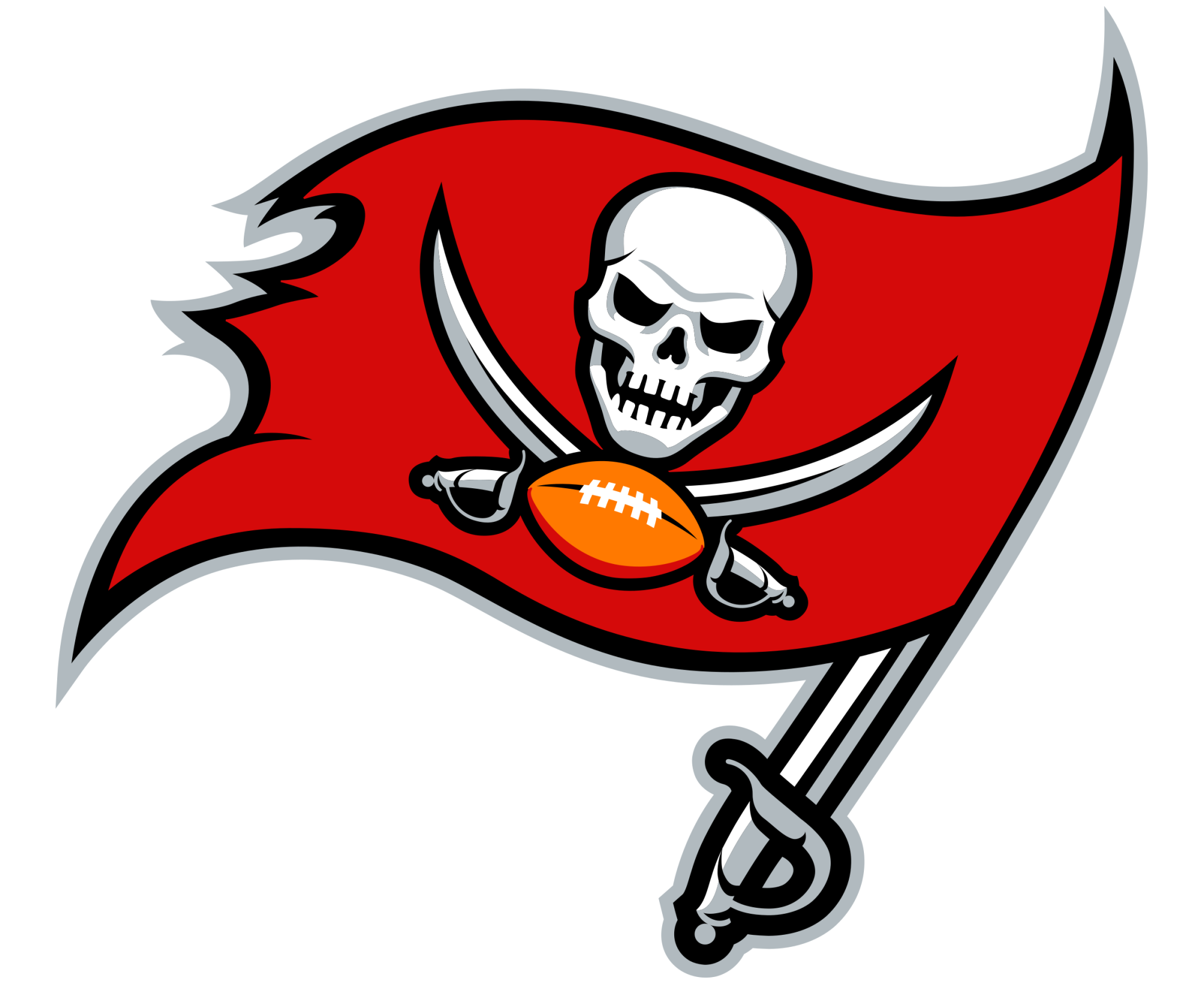Here Comes the Dolphins Defense

Photo Credit: Paul Rutherford-USA TODAY Sports
It was easy to say the run defense would be a problem for the Miami Dolphins during the entire season after watching them give up 233 yards (5.8 yards per carry) and three touchdowns in Week 1 against the Los Angeles Chargers. But head coach Mike McDaniel and defensive coordinator Vic Fangio know one game can’t define the identity of a team, and everything was much different on Sunday Night Football.
In a 24-17 win over the New England Patriots and their run-centric offense, the Dolphins allowed just 88 rushing yards and a touchdown, and an average of 3.5 yards per carry. The defensive front was much more aggressive and, above all, the players’ increased willingness to execute their collective tasks on run defense was a key factor. Rhamondre Stevenson finished the game with 50 yards in 15 carries, plus the touchdown, and Ezekiel Elliott had just 13 yards in five tries. There were another 25 yards from quarterback Mac Jones.
“You have a game, all that buildup, and it’s one game that stands alone and is the identity of everyone for an entire week,” McDaniel said during last week. “And so we’re all talking about what we just built up for. Then you go to another week, that’s another story. Every single opportunity around the field, you have the opportunity to define who you are. If you don’t fancy yourself as a poor run defense, if your team wants to run the ball more, or you’re wanting to run the ball better, then run the ball better. You have an opportunity to next week. It’s the beauty of this game.”
So, what changed from Week 1 to Week 2?
Front Seven
Bradley Chubb and Andrew Van Ginkel were the two primary edge rushers on Sunday. Van Ginkel was more active rushing the quarterback, but Chubb was extremely important keeping his lanes to avoid big runs. He finished the game with seven tackles, including two for loss.
But the main individual difference might have been David Long. The free-agent signing showed why he is a hipster football community favorite. He came in second on the team in tackles, with eight, and went from just 17 defensive snaps (21%) in Week 1 to 62 (83.8%) on Sunday, being much more involved in the run game. Long is not exactly a star defender, but his intelligence and ability to recognize offensive plays may be a big factor down the road for Miami.
Secondary
The Chargers have a much better quarterback in Justin Herbert, plus and several receiving weapons. The Patriots are limited in the passing game, which allowed the Dolphins to be more aggressive to stop the run. Safety Jevon Holland is a prime example of this strategic adjustment. He played much more frequently inside the box, which is not something particularly usual for Vic Fangio’s defenses. And Holland was quite successful, leading the team with 11 tackles. He had had just five tackles in Week 1.
For McDaniel, stopping the run was a top priority. It’s widely discussed how runs are generally not as effective as passes, but McDaniel comes from an offensive coaching tree that stressed the importance of an effective rushing attack. Moreover, it’s important to establish a positive attitude and identity for the defense. If a unit can’t generate positive plays, the mental aspect starts to weigh on them.
“Generally, in the game of football, and it goes on both sides of the ball, you’re always given the opportunity to correct and/or improve in a phase of the game,” McDaniel added. “Because what happens is, as an offense, if you get beat on a blitz, you’re probably going to see the same blitz again. Coaches get paid to assess the tape. And when you’re vulnerable, you kind of have to stop the blitz before you stop seeing it. Same thing is the case for defense. If a team has success running the ball, turn the page the next week and the next team will have high intent to replicate the same thing. So there’s no hiding in the National Football League.”
Next Sunday, the Dolphins face the Denver Broncos, a team coming off two losses. But Denver has a well-designed offense built by Sean Payton. In Week 1, Broncos leading running back Javonte Williams had 4.0 yards per carry against the Las Vegas Raiders. The number went down to 3.3 yards per carry against a much stronger Washington Commanders defensive front. Now it’s on the Dolphins to be on the positive side of this spectrum. If Miami is able to limit Denver’s ability to run the ball, it will put Russell Wilson in unfavorable situations, and the quarterback hasn’t been able to overcome a bad environment.
When the Miami Dolphins invested so much money in the coaching staff, which included making Fangio the highest-paid defensive coordinator in the NFL, the idea was exactly to correct mistakes from game to game and extract the most out of a talented roster. After two weeks, these moves are looking good.
Up Next





